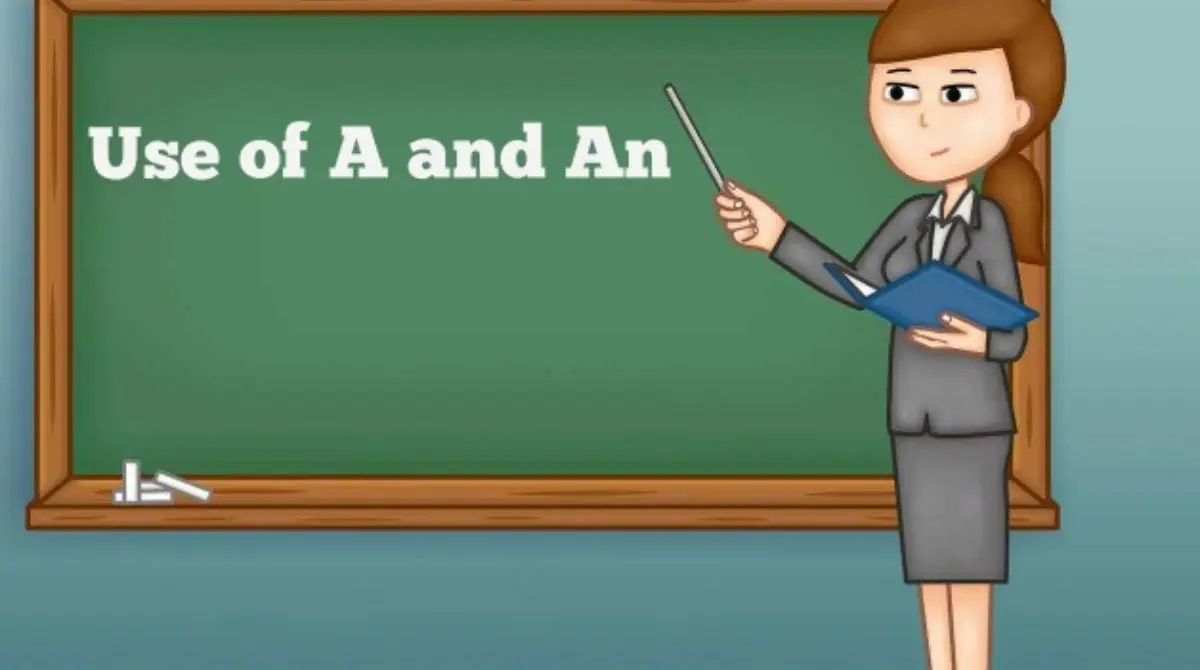How to use indefinite article a and an
Articles are very much basic learning part in English Grammar. We need to learn the rules of Articles to use them correctly. In this article we are going to learn
• What is article
• Types of article
• Uses of indefinite articles A and An
What is Article:
The words A, An and The are usually called Articles. A, An and The are called Articles as they have some special significance as the part of speech.
The words A, An and The are also called Determiner.
What is Determiner:
A Determiner is a word that comes before a Noun and limits its meaning.
There are two types of articles:
• Indefinite Article
• Definite Article
Indefinite Articles:
A and An are called Indefinite Articles because they do not point any particular person or thing.
General rules of the use of A and An:
• A is used before a word beginning with Consonant sound.
• An is used before a word beginning with a Vowel sound. (a, e, i, o, u)
Examples of the uses of A and An:
a boy an ass
a book an ox
a doll an ant
a chair an umbrella
a pen an orange
There are some exceptions in the use of A and An:
• A is used before a Vowel pronounced as ‘yu‘ or ‘owa‘.
• An is used before a Consonant having a vowel sound in the beginning.
Exception Cases:
a European an hour
a one-rupee note an M.A
a one-eyed deer an honest man
a university an M.L.A
a union an L.L.B
a unique scene an S.D.O
More uses of A and An:
• A or An is used when it is mentioning someone or something (single countable noun) for the first time.
I saw a man in the market.
An old lady came to our house.
• A or An is used to indicate a unit.
One hundred centimetres make a meter.
An ounce is enough.
• A or An is used in the sense of ‘like someone’.
He thinks he is a Shakespeare.
He seems to be an Indian.
• A or An is used before an unknown name or surname.
A Mr. Bose came to our house.
An Imran gave the news.
• A or An is used to express profession, trade, class etc.
He is a businessman.
He is an advocate.
He is a rich man.
• A or An is used before dozen, hundred, thousand, million etc.
Here are a dozen of mangoes.
A hundred people came to support us.
There are a million of people.
• A or An is used in the sense of each or per.
He earns five thousand dollars a month.
He drives the car 80 km an hour.
• A or An is used in a number of phrases.
He is in a hurry.
I have a headache.
I have a bad cold.
They take an interest in this.
She had a cough.
• A or An is used in Exclamatory Sentence beginning with ‘what’.
What a beautiful sight!
What an emotional situation!
What a nice boy you are!
• A or An is used before ‘few’, ‘little’, ‘lot of’, ‘good deal’, ‘great many’, ‘good many’ etc.
I have a few friends in school.
There is a little water in the pot.
Here is a lot of statistics.
A great many supporters came there.
I saw a good many boys there.
I have made a good deal with him.
• A or An is used before the superlative ‘most’ when it means ‘very’.
This is a most interesting story. (a most = a very)
He saw a most wonderful sight. (a most = a very)
These are the details rules of the use of Indefinite Articles A or An which help us to use A or An correctly.
You May Like To Read More:
